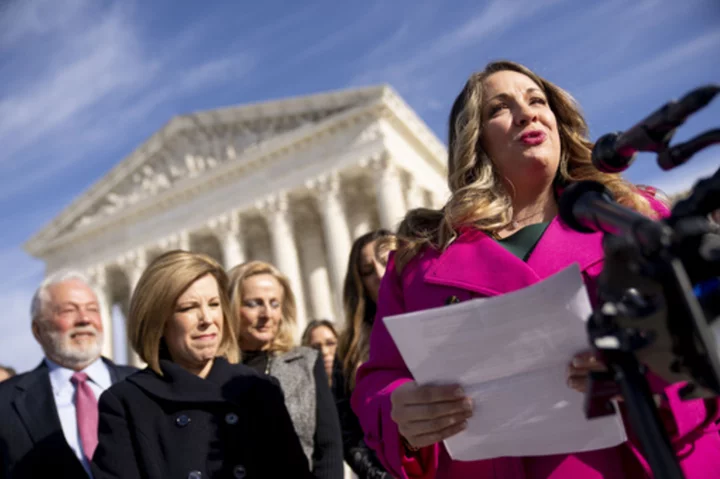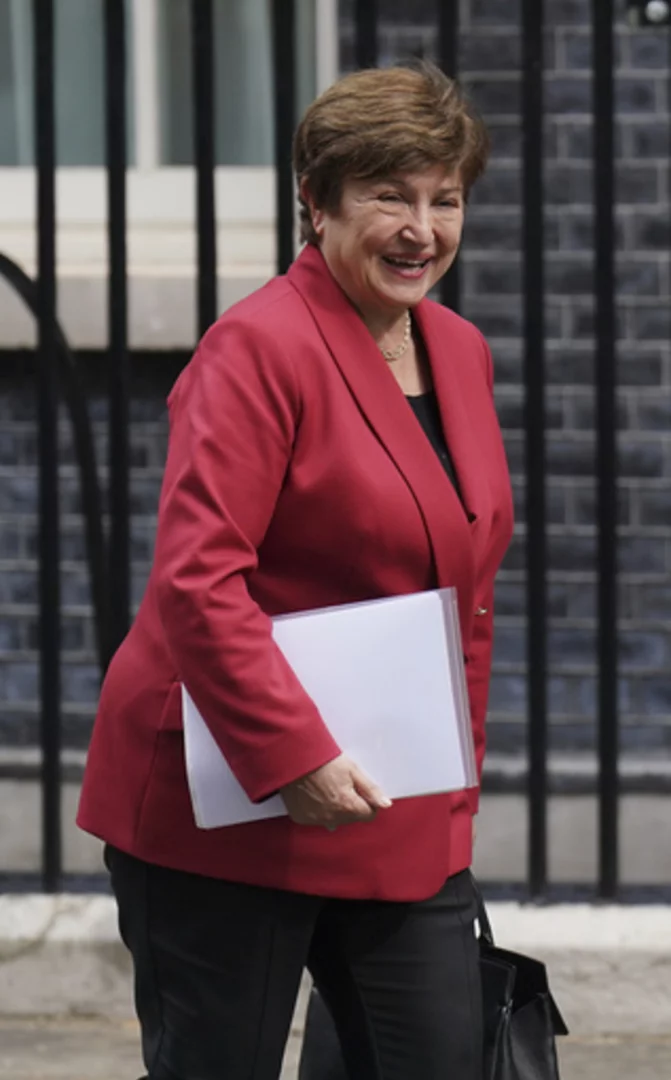BRASILIA Changes to the Brazilian inflation targeting system should not be linked to how monetary policy is carried out, the central bank's director of economic policy said on Monday, amid speculation of an imminent change in inflation goal timelines.
Brazil has annual inflation targets, and if they are not met within a given calendar year, the central bank chief must issue a public letter explaining the reasons for non-compliance.
Speaking at an event hosted by Bradesco BBI, Diogo Guillen said he approved of that practice as it leads to "accountability."
However, he noted that the horizon for inflation convergence is already based on an 18-month period rather than a calendar year, which is emphasized in the central bank's communications.
He also praised the effectiveness of Brazil's current inflation targeting system, emphasizing that any perception of interference in the framework triggered by "how monetary policy should be perceived" could undermine both the framework itself and the credibility of the country's monetary policy.
"Any discussion on the framework should not be correlated with how to conduct monetary policy," added.
Finance Minister Fernando Haddad has previously expressed support for a "continuous inflation target" rather than a calendar year-based target. At the same time, President Luiz Inacio Lula da Silva has advocated for higher inflation targets and a less stringent monetary policy, as the central bank holds its benchmark interest rate at a cycle-high level of 13.75%.
The central bank currently targets inflation of 3.25% for 2023 and 3% for 2024 and 2025, with a tolerance margin of 1.5 percentage points on either side. Guillen said that while this year's inflation expectations fell at the margin, they remain above the target for next year.
The National Monetary Council, which comprises the finance minister, the planning minister and the central bank governor, is scheduled to convene in June to discuss inflation targets.
(Reporting by Marcela Ayres; editing by Paul Simao)









